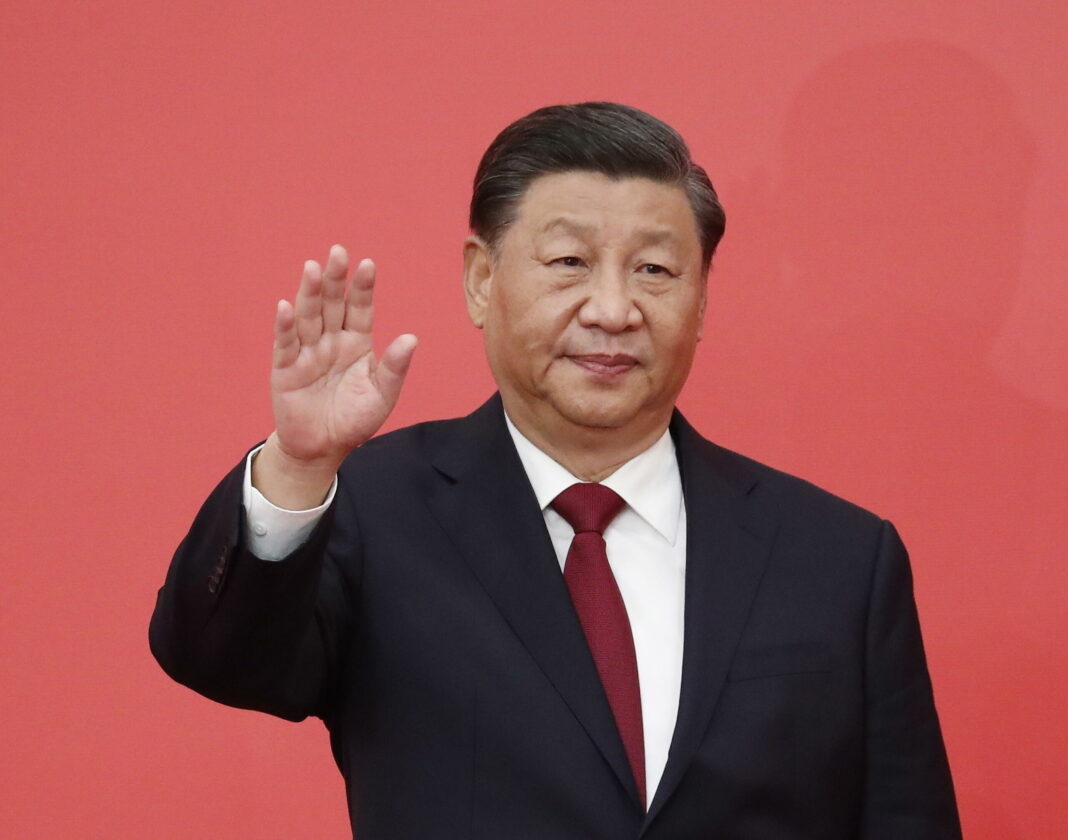China is the world’s largest bilateral lender, however, the loans committed by them to 100 developing nations fell to a 13-year low of USD 3.7 billion in 2021 due to Beijing curtailing funding for large-scale oil projects, a study from Boston University Global Development Policy Center showed.
Commitments made to 100 developing nations by the Export-Import Bank of China (China Exim Bank) and the China Development Bank (CDB) have fallen every year since hitting a record in 2016 as the lenders scaled back financing even before the COVID-19 pandemic struck in 2020.
“We expect an overall shift toward lower volume, higher quality investment from China,” Kevin Gallagher, director of the university’s Global Development Policy Center, told Reuters.
“China’s domestic priorities beyond COVID-19 are still significant, given the large amounts of debt and the swings in renminbi that may necessitate the need to be conservative with dollar holdings so they can serve as insurance on the home front.”
China Exim Bank and CBD made USD 498 billion in loan commitments globally between 2008 and 2021 as part of Beijing’s “Belt and Road” infrastructure initiative, reported The Star.
General purpose lending to state-owned oil companies, for example in Angola, Brazil, Ecuador, Russia and Venezuela reached USD 60 billion between 2009 and 2017.
Since then, lending has been less focused on petroleum producers, with Bangladesh and Sri Lanka among the top recipients, reported The Star.
Russia was the top recipient with USD 58 billion in loans in the 2008 to 2021 period, followed by Venezuela with USD 55 billion.
Lending to the South American oil giant, mostly for extraction and pipeline projects, was halted in 2015, two years before it defaulted on its overseas debt, reported The Star.
Angola was the third largest recipient, with USD 33 billion for projects in transport, agriculture, water and oil, with Kenya, Ethiopia and Egypt also among the top African borrowers.
However, while Chinese lending has been waning, World Bank lending has ramped up, the study found.
The Washington-based lender financed projects in developing countries worth an average of USD 40 billion annually between 2016-2019, before scaling up its response to the pandemic in 2020 when it stepped in with USD 67 billion, its largest annual commitment since 2008.
The following year, commitments were almost USD 62 billion – 17 times more than Chinese financing, reported The Star.
“The World Bank had a fixed amount of lending capacity, but this was accelerated as part of the COVID-19 response,” Gallagher said, adding this might return to trend post-pandemic.
Also, the World Bank was seeking to vastly expand its lending capacity to address climate change and other global crises and would negotiate with shareholders ahead of April meetings on proposals including a capital increase and new lending tools.
Meanwhile, Western countries such as the United States and multilateral lenders are pressing Beijing to offer debt relief to emerging economies in distress, such as Zambia and Sri Lanka. China tends to disclose little on lending conditions and how it renegotiates with borrowers.
China’s Belt and Road Initiative (BRI) has left scores of Lower and Middle-Income Countries (LMIC) saddled with “hidden debts.” China is using debt rather than aid to establish a dominant position in the international development finance market.
China’s Belt and Road Initiative (BRI) is plunging nations into massive debt. It involves one creditor country intentionally extending excessive credit to another debtor country with the alleged intention of extracting economic or political concessions from the debtor country when it becomes unable to honour its debt obligations.
For example, China took Sri Lanka’s Hambantota port on a 99-year lease because of Sri Lanka’s failure to pay Chinese debt.

